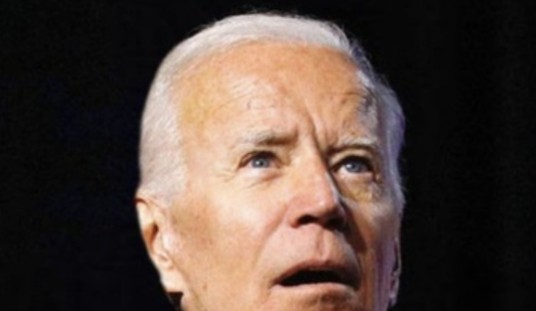Wisconsin Governor Scott Walker’s high profile union initiatives made their way through the federal court system on Friday in the first of what will doubtless be many challenges. Act 10, as it’s known, held up pretty well under the barrage, much to the dismay of recall enthusiasts, though a few portions were struck down.
A federal judge on Friday upheld most of Gov. Scott Walker’s controversial collective bargaining law, but struck down key parts of it by ruling that the state cannot prevent public employee unions from collecting voluntary dues through payroll deductions and cannot require they recertify annually.
The collective bargaining law, also known as Act 10, established a system in which most of the public unions were required to have an “absolute” majority of their members vote every year to recertify — a standard higher than traditionally used. The law also took away some unions’ rights to collect mandatory dues and prevented unions from deducting voluntary dues directly out of employee paychecks.
I’m not sure why the intrepid reporters at the Wisconsin State Journal seem to be highlighting the stricken portions as “key” elements of the law, here. The certification portion obviously was disappointing, but only because it makes it more of a logistical headache to challenge a union certification. As to the dues portion, this is yet again not a case of forcing the payment of dues so much as the ease with which they can be collected.
Also, the failure of that portion to stand up did not seem – at least in the court’s opinion – to be a situation where the start can’t stop the unions from collecting voluntary dues by payroll deduction, but rather that they can’t be selective in doing so. The problem, it seems, was that Walker – likely in an effort to bolster public support – exempted “mandatory public safety” unions such as police and firefighters from the rule. The court responded, saying:
“So long as the state of Wisconsin continues to afford ordinary certification and dues deductions to mandatory public safety unions with sweeping bargaining rights, there is no rational basis to deny those rights to voluntary general unions with severely restricted bargaining rights,” the order read.
And in a way, that makes sense. Unions are unions, after all, and you would expect the state to make every effort to treat everyone equally. That was probably one PR maneuver which will be viewed as having backfired on Walker when all is said and done. In any event, you can read the entire ruling for yourself here.








Join the conversation as a VIP Member